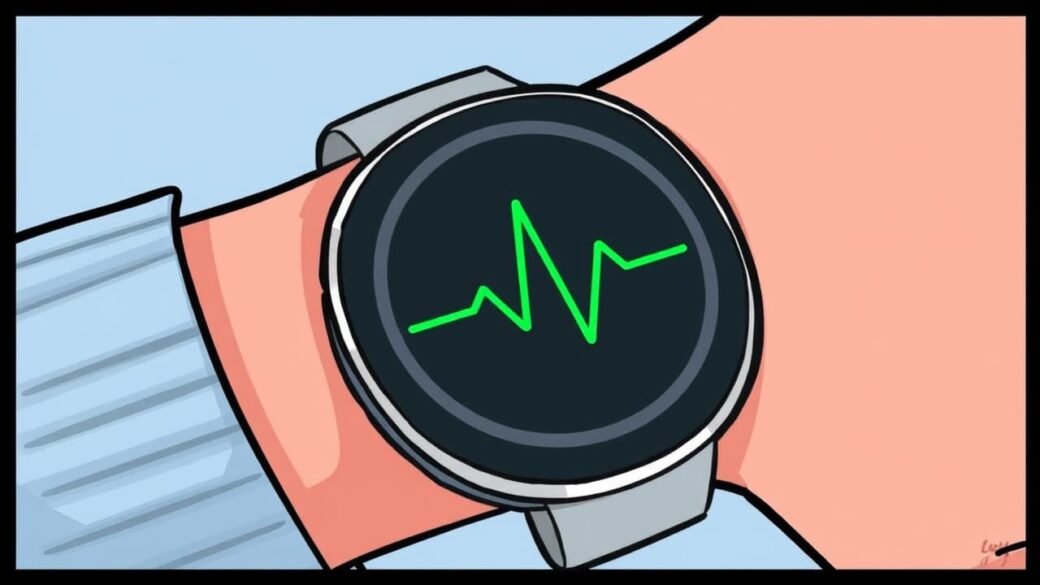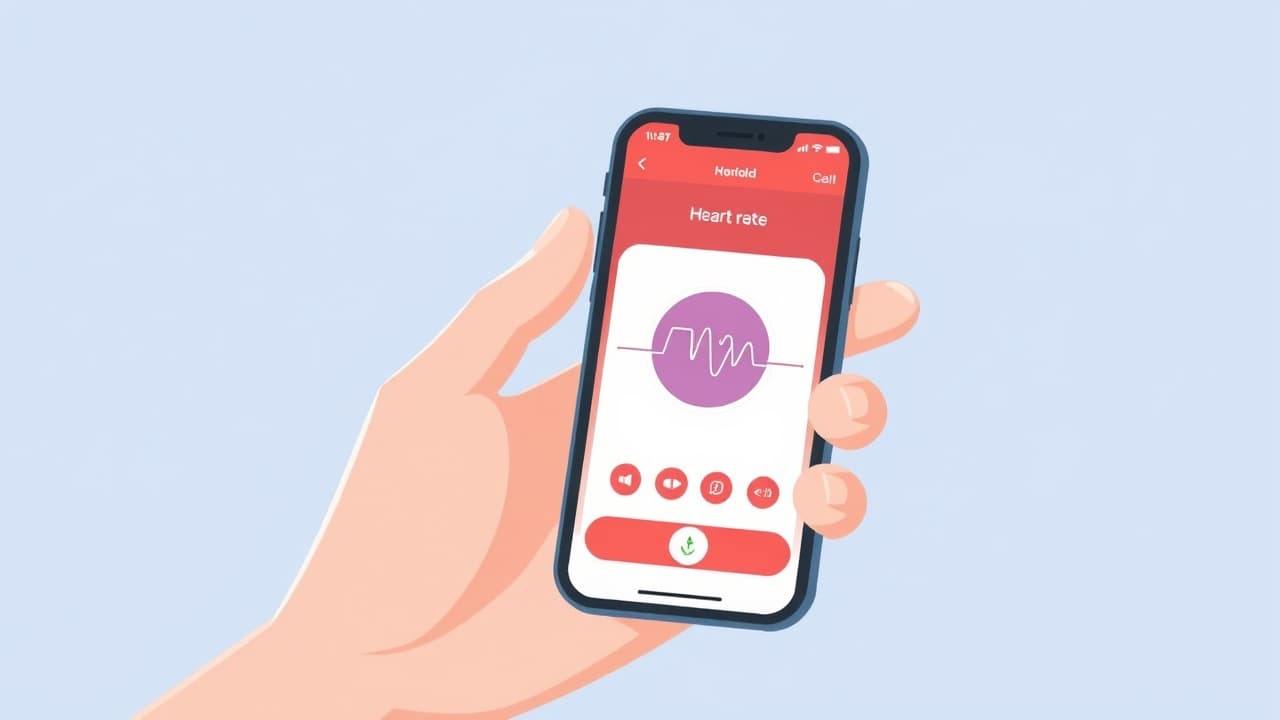In today’s digital age, healthcare mobile app development has emerged as a pivotal component of the healthcare industry. With the proliferation of mobile devices, healthcare apps have transformed how patients and healthcare providers interact, manage health information, and access medical services. This article aims to guide you through the essential aspects of healthcare app development, highlighting key features, the importance of these applications, and the top app development companies that can help you build successful healthcare solutions.
Understanding Healthcare Mobile App Development
What is Healthcare Mobile App Development?
Healthcare mobile app development refers to the comprehensive process of creating specialized applications tailored to assist individuals in managing their health. These mobile apps are designed to facilitate tracking health metrics, accessing critical medical information, and connecting with healthcare providers seamlessly. The development process encompasses integrating various essential features such as electronic health records (EHR), telemedicine capabilities, and health monitoring tools, all aimed at enhancing patient care and streamlining healthcare services. As the demand for mobile healthcare solutions grows, so does the need for skilled app developers who can build a healthcare app that meets modern standards.
Importance of Healthcare Apps in Modern Healthcare
The significance of healthcare apps in modern healthcare cannot be overstated. They play a crucial role in providing patients and providers with convenient access to vital health information and services. By improving patient engagement and facilitating communication between healthcare providers and patients, these applications enhance overall health management. Remote monitoring capabilities allow healthcare professionals to track patient conditions effectively, leading to better health outcomes. With projections indicating that the healthcare mobile applications market will surpass $300 billion by 2025, it is evident that healthcare apps are integral to patient care, health monitoring, and wellness management.
Key Features of Effective Healthcare Applications
To ensure the success of healthcare application development, certain key features must be incorporated into the design of effective healthcare applications. These include a user-friendly interface that promotes ease of use, secure patient data management to protect sensitive information, and seamless integration with electronic health records (EHRs). Additionally, remote monitoring capabilities, appointment scheduling, and secure messaging features are vital for enhancing communication and operational efficiency. By focusing on these functionalities, app developers can create a healthcare app that meets the diverse needs of patients and healthcare providers, ultimately leading to improved healthcare delivery. In this context, ensuring secure and private communication is paramount, and tools like VPN Unlimited can play a crucial role in safeguarding data transmission within healthcare apps.
Types of Healthcare Applications

Medical Apps: Enhancing Patient Care
Medical apps are integral to the healthcare mobile app development landscape, specifically designed to empower healthcare professionals in managing patient data and improving clinical workflows. These applications facilitate the monitoring of health conditions and enable remote consultations, thus enhancing patient care. Features such as telemedicine capabilities and electronic health record (EHR) management are vital components of medical apps. By streamlining communication between patients and healthcare providers, medical apps not only improve accessibility to health information but also contribute to timely interventions and overall quality of care. As healthcare providers increasingly rely on these tools, the development of advanced medical apps becomes essential for maintaining high standards in patient management.
Health Apps: Promoting Wellness
Health apps serve as a critical part of the healthcare application development ecosystem, focusing on general wellness and preventive care. These applications empower users to take control of their health by assisting with fitness tracking, nutrition management, and mental health support. By promoting medication adherence and providing users with actionable insights, health apps can lead to improved health outcomes. Moreover, the user-friendly design of health apps encourages proactive health management among individuals, making it easier to monitor lifestyle choices that impact overall well-being. In an era where mobile health is on the rise, the significance of health apps in fostering a culture of wellness cannot be overlooked.
Custom Healthcare Apps: Tailored Solutions for Providers
Custom healthcare apps represent a significant trend in healthcare mobile app development, designed to meet the unique needs of healthcare providers and their patients. These tailored solutions integrate various functionalities specific to the workflows of medical practices, enhancing efficiency and personalization in patient care. Features such as appointment scheduling, patient management, and telehealth services are commonly included in custom healthcare applications. By addressing the specific requirements of healthcare providers, these apps not only streamline operations but also improve the patient experience. The development process for custom healthcare software often involves collaboration between app developers and healthcare professionals to ensure that the final product effectively meets the demands of modern healthcare delivery.
The Development Process for Healthcare Mobile Applications
Initial Planning and Requirement Gathering
The initial phase of healthcare mobile app development is vital as it sets the foundation for the entire project. During this stage, developers and stakeholders define the app’s purpose, ensuring it addresses the specific needs of patients and healthcare providers. Requirement gathering involves identifying target users and their expectations, which is crucial for creating an app that resonates with its audience. Additionally, adherence to regulatory standards, such as HIPAA compliance, must be prioritized to protect patient data, making this phase essential for developing a successful healthcare app.
Designing the User Experience for Mobile Health Apps
Designing the user experience (UX) for mobile health apps is a critical step that focuses on creating an engaging and intuitive interface. A well-thought-out UX enhances user satisfaction and encourages frequent use of the app, positively impacting health outcomes. The design should prioritize accessibility and easy navigation, allowing users to seamlessly interact with the healthcare application. Furthermore, responsiveness across various devices is essential to accommodate the diverse range of mobile devices used by patients and healthcare professionals. By investing in effective UX design, app developers can promote consistent engagement with their healthcare solutions.
Development and Testing Phases
The development phase of healthcare mobile app development encompasses coding the app’s unique features and functionalities tailored to the healthcare industry. Following development, rigorous testing is conducted to identify any issues, ensuring that the app functions correctly and meets the necessary regulatory standards. This phase is crucial for maintaining a secure environment for user data, as healthcare applications handle sensitive information. Delivering a reliable and effective healthcare solution that users can trust hinges on thorough testing, making it a cornerstone of the entire development process.
Choosing the Right App Development Company
Qualities of a Leading Healthcare App Development Company
Selecting the right app development company is fundamental for the successful creation of healthcare applications. Key qualities to consider include the firm’s experience in the healthcare sector, their expertise in mobile technologies, and a comprehensive understanding of regulatory compliance. A leading healthcare app development company should demonstrate a proven track record of delivering successful healthcare solutions that effectively meet the unique needs of patients and providers. Furthermore, ensuring data security and privacy is paramount, making it essential to choose a partner well-versed in the intricacies of healthcare app development.
Evaluating Development Services and Expertise
Evaluating potential app development partners involves an in-depth review of their portfolio, client testimonials, and case studies. This assessment is crucial for determining whether the company can effectively handle healthcare projects and innovate solutions that align with industry standards. A strong understanding of healthcare workflows and user needs is essential for creating an effective healthcare application. By carefully considering these factors, stakeholders can make informed decisions when selecting a development company capable of delivering high-quality healthcare mobile applications.
Case Studies of Successful Healthcare Mobile Apps
Case studies of successful healthcare mobile apps offer valuable insights into the development process, including the challenges encountered and the innovative solutions implemented. Analyzing these examples helps potential clients comprehend the importance of effective app design and functionality on patient engagement and care delivery. Successful healthcare applications often emphasize the significance of user-centered design, ensuring that the needs of patients and healthcare providers are prioritized. Compliance with healthcare regulations is also highlighted, showcasing how adherence to standards can enhance the overall effectiveness of mobile health solutions.
Benefits of Healthcare Mobile Apps
Improving Patient Engagement and Communication
Healthcare mobile apps significantly enhance patient engagement and communication by providing users with easy access to their health information and facilitating direct communication with healthcare providers. Features such as secure messaging, appointment reminders, and health tracking tools empower patients to take an active role in managing their health, leading to better adherence to treatment plans and improved health outcomes. Through mobile applications, patients can easily access their health records, receive timely notifications about appointments, and communicate health concerns directly with their healthcare professionals, fostering a relationship built on trust and responsiveness.
Streamlining Healthcare Operations
Healthcare mobile apps streamline operations by automating administrative tasks, such as appointment scheduling, patient registration, and billing. This efficiency reduces the burden on healthcare staff, allowing them to focus more on patient care. By integrating with existing healthcare systems, these apps can enhance workflow efficiency and improve overall service delivery. For example, mobile applications can facilitate the quick retrieval of patient health records during consultations, thus minimizing wait times and ensuring that healthcare providers have the necessary information to make informed decisions during patient interactions.
Data Security and Compliance in Healthcare App Development
Data security and compliance are paramount in healthcare app development, as these applications handle sensitive patient information. Adhering to regulations such as HIPAA ensures that patient data is protected through robust encryption, secure access controls, and regular audits. A strong focus on security not only safeguards patient information but also builds trust with users. Developers must incorporate stringent security measures within the mobile healthcare application development process to mitigate risks associated with data breaches, thereby ensuring that patients feel safe using these apps to manage their health information.
Future Trends in Healthcare Mobile App Development
Integration of AI and Machine Learning in Healthcare Apps
The integration of artificial intelligence (AI) and machine learning (ML) into healthcare apps is set to revolutionize patient care by enabling personalized health recommendations, predictive analytics, and enhanced decision-making capabilities. These technologies can help healthcare providers analyze large datasets to identify trends, improve treatment plans, and enhance patient outcomes. By utilizing AI-driven algorithms, healthcare applications can provide tailored insights that encourage users to adopt healthier lifestyles, thereby promoting preventative care and optimizing the overall effectiveness of the healthcare solutions offered.
Telemedicine and Remote Monitoring Solutions
Telemedicine and remote monitoring solutions are rapidly gaining traction as healthcare providers increasingly adopt these technologies to deliver care. Mobile apps facilitate virtual consultations, allowing patients to receive medical advice from the comfort of their homes. This trend not only improves access to care but also enhances the efficiency of healthcare delivery. By enabling continuous health monitoring through mobile devices, healthcare professionals can track patient conditions in real-time, leading to timely interventions and significantly better health outcomes for individuals managing chronic conditions.
Increased Focus on Mental Health and Wellness Apps
As awareness of mental health issues continues to grow, there is an increasing demand for mental health and wellness apps. These applications provide users with tools to manage stress, anxiety, and other mental health challenges through features such as guided meditation, mood tracking, and access to mental health resources. This focus on mental wellness is expected to shape the future of healthcare app development. By integrating functionalities that promote emotional well-being, healthcare apps can support users in their journey toward mental health, contributing to a more holistic approach to patient care in the modern healthcare landscape.



